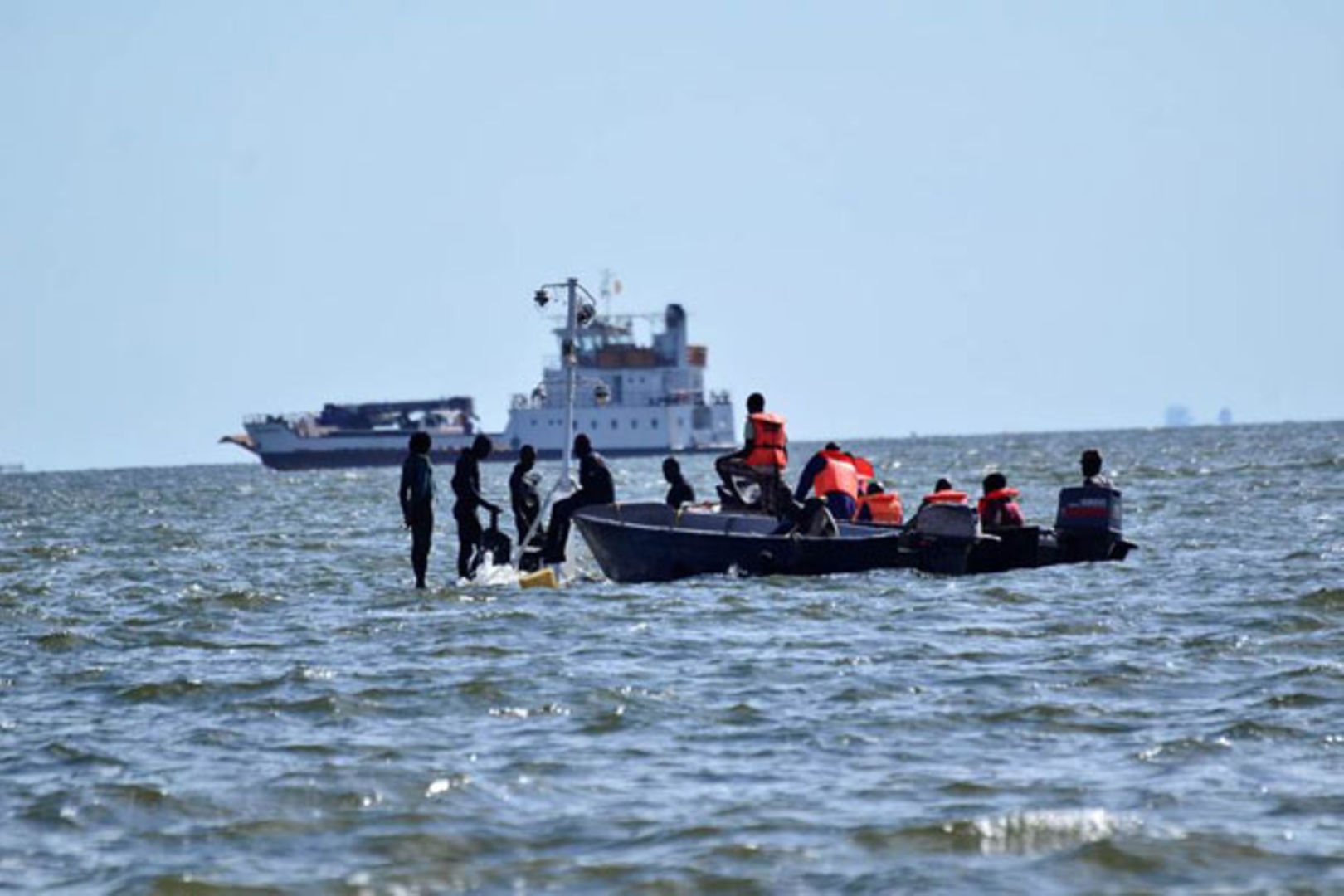Prime
Gen Katumba: Why should life jackets be highly taxed?

Minister of Works and Transport, Gen Edward Katumba Wamala. PHOTO/ ROLAND NASASIRA
What you need to know:
- A study conducted in 60 districts across Uganda by the Center for Disease Control (CDC) and Makerere University school of Public health highlighted that between January 1 2016 to June 30 2018, 1,435 drowning cases were recorded in the district police offices, marine police detachments, fire and rescue brigade detachments and mortuaries.
The Minister of Works and Transport Edward Katumba Wamala has urged the government to waive taxes off quality life jackets as a way of encouraging fishermen and water users to embrace their use in order to save lives.
Mr Katumba is of the view that the move would encourage fishermen and travellers to embrace quality life jackets, lifesavers he said are currently out of reach of many because of their high prices.
“The issue of life jackets should be considered as medicine. Why should they be highly taxed? We can do away with some of these taxes and save lives. It could explain why people bring in those of very poor quality. As a country, if we want to save lives and see the number of people who die on water reduce, we need to walk our talk and have tax waivers on lifesaving equipment,” Katumba said while launching the Parliamentary Forum on Road and Water Safety (PAFROWS) in Kampala.
The minister also decried of continuous budget cuts by the ministry of finance, something he said is frustrating the ministry’s effort to carry out road and water safety awareness campaigns to reduce on road crashes and death on water.
“When the budget managers are apportioning money to different items and there’s an item to do with safety, they think its consumptive and it is the first item that is eliminated during the budgeting process,” he added.
Kyamuswa MP, Moses Kabuusu whose constituency has four sub counties and six island constituencies in Kalangala District asked the government to increase road and water safety budgets and also put up a large water transport vessel to connect constituencies and save the masses from dangerous canoes and boats.
“There is no government vessel that plies my area and it is a call to everyone to get concerned. Not many people know how people who live on islands sail. The government should give waivers to investors who want to invest in water transport but also exemption of tax for big engine boats so that there is speed for water travellers,” Mr Kabuusu said.
Mr Alex Ruhunda, the chairperson of the Parliamentary Forum on Road and Water Safety called on the judiciary to deal with cases of road crashes with sensitivity as a way of cultivating road discipline among all categories of road users especially motorists who sometimes cause crashes they could have prevented.

“We passed the law on traffic regulations but the courts of law are still treating traffic offences as light cases. If a driver kills others out of recklessness, it is murder and they must pay the price. Safety on roads and water is a cause of a lifetime because it affects the economy, the human capital and everything that goes with it. The mindset of the judiciary needs to change,” Ruhunda said.
Ms Jackie Okao, the Country Coordinator of Global Health Advocacy Incubator (GHAI) said safety cannot be confined to roads alone but that it must extend to water bodies that sustain the population, provide a vital passage for trade and a source of life for countless communities.
“It is pertinent for the forum not only to focus their attention and oversight on road safety but also look at how we can raise the issues of people dying on Uganda’s water bodies,” Okao said.
Water safety context
A study conducted in 60 districts across Uganda by the Center for Disease Control (CDC) and Makerere University school of Public health highlighted that between January 1 2016 to June 30 2018, 1,435 drowning cases were recorded in the district police offices, marine police detachments, fire and rescue brigade detachments and mortuaries.
The study also revealed that the majority of drowning cases happen in lakeside districts (70 percent) and that fatal victims were predominantly male at 85 percent, with an average age of 24. In lakeside districts, 81 percent of fatal cases with a known activity at the time of drowning involved boating. In non-lakeside districts, victims were mostly children.
According to the World Health organisation, drowning is the third leading cause of unintentional injury death globally, with an estimated 322,000 people dying from drowning each year. Over 90 percent of these deaths occur in low- and middle-income countries.




